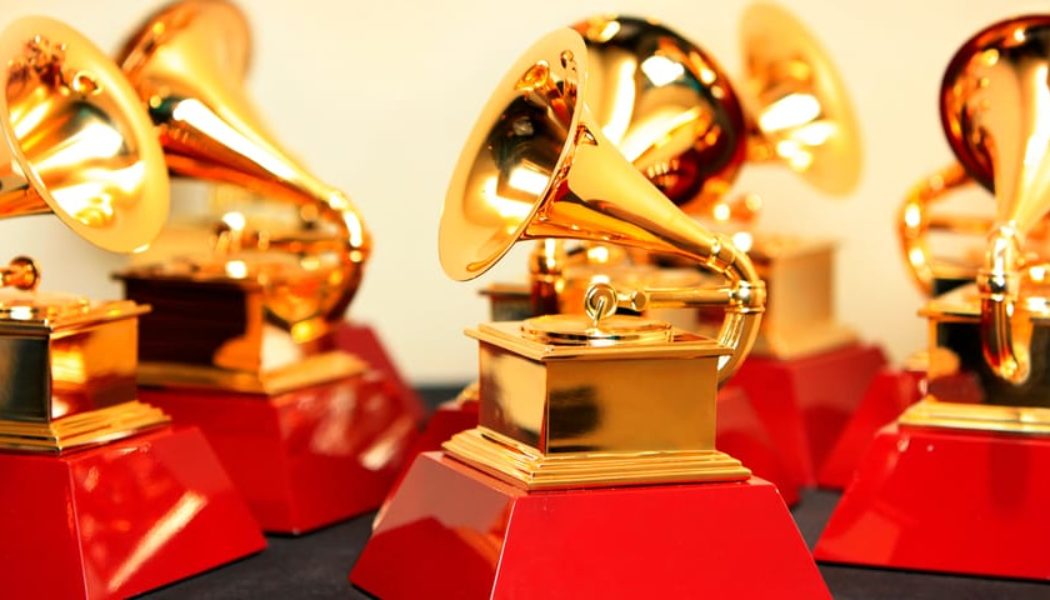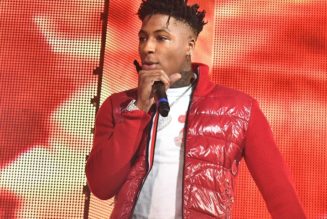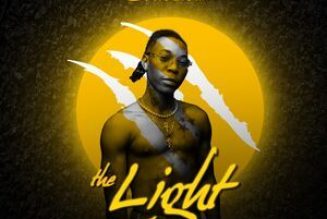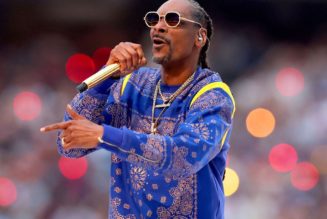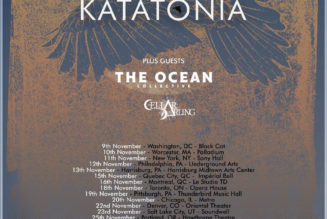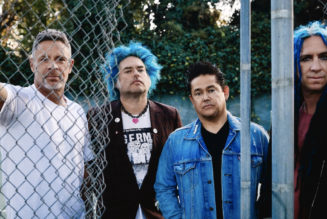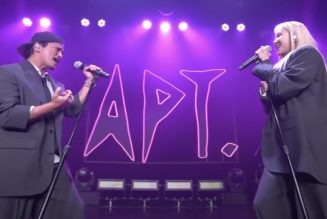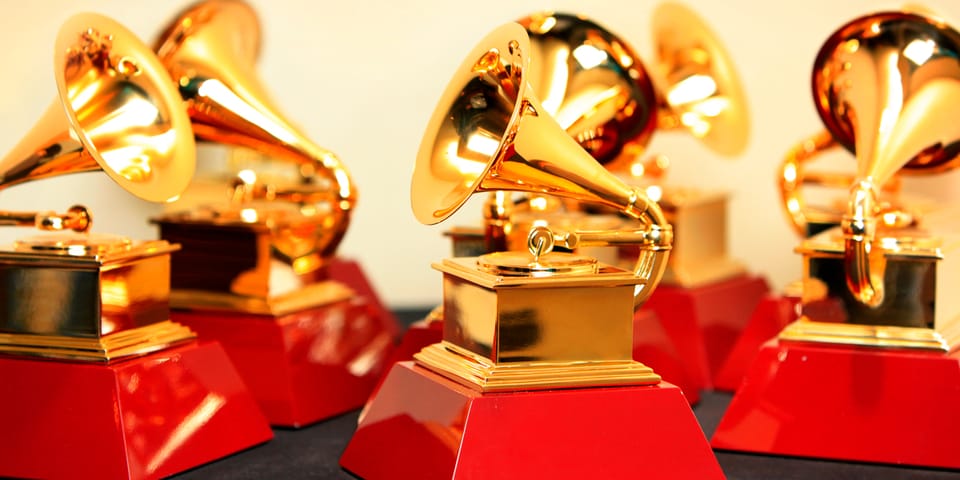
The Grammy Awards have seen some major updates in recent weeks. In addition to adding three new award categories – Best Alternative Jazz Album, Best Pop Dance Recording and Best African Music Performance – the Recording Academy has also had to adapt to the emergence of alternative intelligence in the music industry. Following last month’s announcement that “only human creators” are eligible for Grammy award consideration, Recording Academy CEO and President Harvey Mason Jr has clarified the “meaningful human contributions” parameters.
“Here’s the super easy, headline statement: AI, or music that contains AI-created elements, is absolutely eligible for entry and for consideration for Grammy nomination. Period,” Mason told the Associated Press. “We are not going to give a Grammy or Grammy nomination to the AI portion. As long as the human is contributing in a more than de minimis amount, which to us means a meaningful way, they are and will always be considered for a nomination or a win.”
With more artists – ranging from Paul McCartney to Grimes – beginning to dabble in voice-modeling music production, it’s only right the most prestigious awards show in the industry refurbish its rulebook. However, Mason makes it clear that a project can only be submitted in only the categories in which human contributions exceed AI contributions – meaning, if an AI program sings the lead vocals on a song but a human wrote the lyrics, the song is only eligible for a songwriting award and vice versa.
“We don’t want to see technology replace human creativity. We want to make sure technology is enhancing, embellishing, or additive to human creativity. So that’s why we took this particular stand in this award cycle.”
The 2024 Grammy Awards will return to Los Angeles’ Crypto.com Arena on February 4, 2024.
Elsewhere in the AI-music space, ByteDance, Tik Tok’s parent company, is working on “Ripple,” an AI-powered music creation app.
